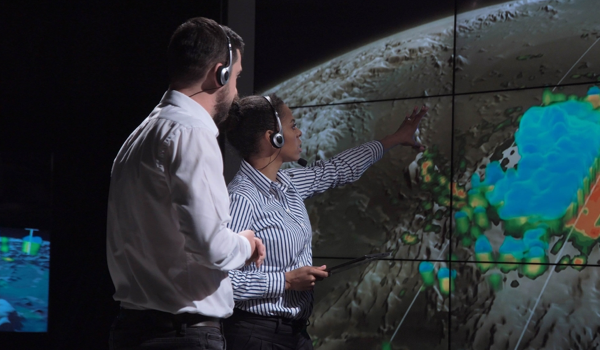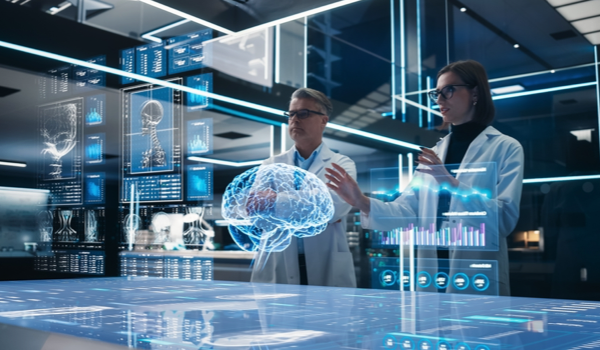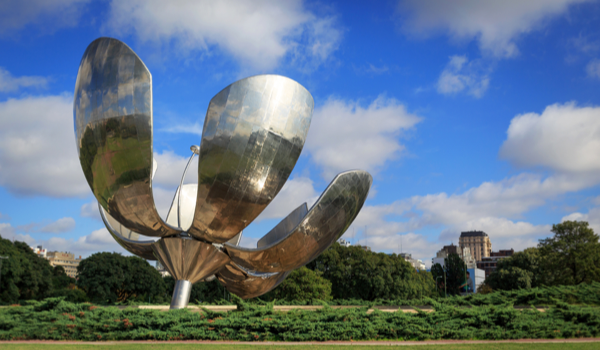


LONDON - The world has just witnessed the start of a paradigm shift in Earth science. A neural network - a type of artificial intelligence (AI) - predicted weather better than the European Center for Medium-Range Weather Forecasts, which has the world’s most advanced forecasting system, a paper published in Nature Magazine in July 2023 showed.
Four months later, Google’s DeepMind announced its weather-forecasting AI had produced even stronger predictions.
The traditional approach to weather forecasting involves using observations taken at a point in time as initial conditions for equations based on physical principles. By contrast, an AI will ingest data collected over long periods and then ‘learn’ the dynamics that traditional equations must describe explicitly. Both the traditional and the AI-based method rely on supercomputers, but the AI has no need for formally developed theories.
Weather forecasting does far more than simply predict whether it will be a sunny or rainy day - it determines when and where planes fly, which routes ships take, and helps manage all manner of civilian and military risks that come with a variable environment. This is highly consequential and will become even more so as the planet warms. While these are relatively early days for AI applications in this field - and much still remains to be worked out - as in other sectors, AI-driven forecasting may end up displacing skilled labor, since neural networks do not require knowledge of dynamical meteorology - e.g., the authors of the above Nature Magazine paper are engineers with no such background.
The implications hardly stop there. When writing about the problem of statistical forecasting in the 1950s, Norbert Wiener, the father of cybernetics,
The content herein is subject to copyright by Project Syndicate. All rights reserved. The content of the services is owned or licensed to The Yuan. The copying or storing of any content for anything other than personal use is expressly prohibited without prior written permission from The Yuan, or the copyright holder identified in the copyright notice contained in the content. Continue with Linkedin
Continue with Linkedin
 Continue with Google
Continue with Google









 902 views
902 views








